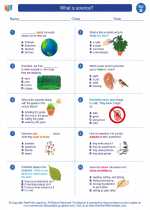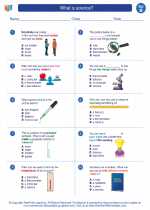Maturation: Understanding the Process of Growth and Development
Maturation refers to the process of an organism growing and developing over time. It encompasses both physical and psychological changes that occur as an individual progresses from infancy to adulthood.
Physical Maturation
Physical maturation involves the changes in an individual's body, such as height, weight, muscle development, and the development of primary and secondary sexual characteristics. These changes are driven by a combination of genetic, hormonal, and environmental factors.
Psychological Maturation
Psychological maturation involves the development of cognitive, emotional, and social skills. This includes the acquisition of language, problem-solving abilities, emotional regulation, and the ability to form and maintain relationships with others.
Factors Influencing Maturation
Maturation is influenced by a variety of factors, including genetics, nutrition, physical activity, and environmental stimuli. Genetic predispositions play a significant role in determining the timing and pace of maturation, but environmental factors can also have a significant impact.
Study Guide
- Define maturation and explain its significance in human development.
- Describe the physical changes that occur during maturation, including the development of primary and secondary sexual characteristics.
- Discuss the psychological aspects of maturation, including cognitive, emotional, and social development.
- Explain the role of genetics and environmental factors in influencing maturation.
- Provide examples of how maturation impacts different aspects of human life, such as learning, behavior, and relationships.
Understanding maturation is essential for comprehending the processes of growth and development in humans. By examining the physical and psychological changes that occur during maturation, we can gain insights into the complex and dynamic nature of human development.
[Maturation] Related Worksheets and Study Guides:
.◂Science Worksheets and Study Guides Second Grade. What is science?

 Worksheet/Answer key
Worksheet/Answer key
 Worksheet/Answer key
Worksheet/Answer key
 Worksheet/Answer key
Worksheet/Answer key
 Vocabulary/Answer key
Vocabulary/Answer key
